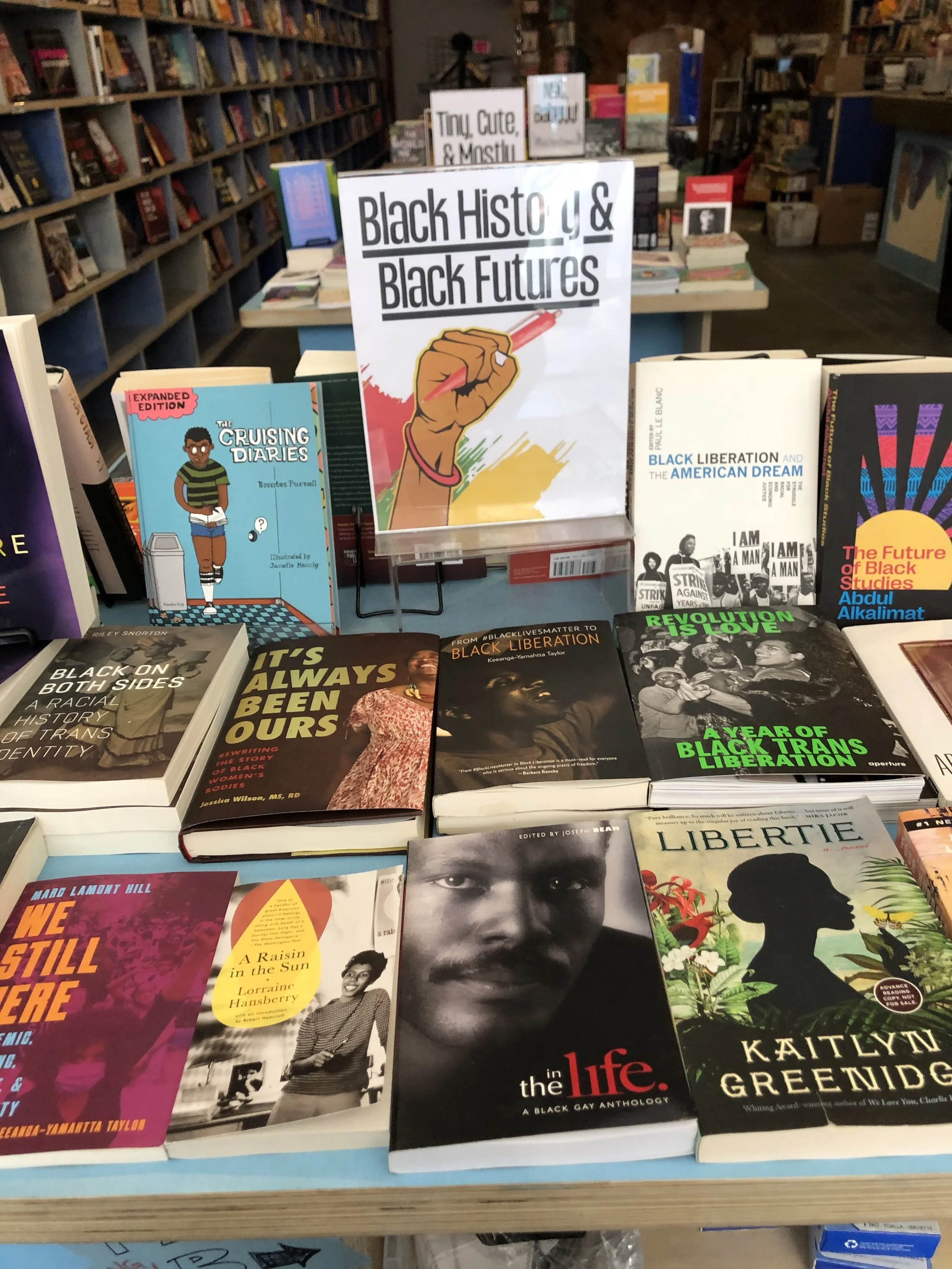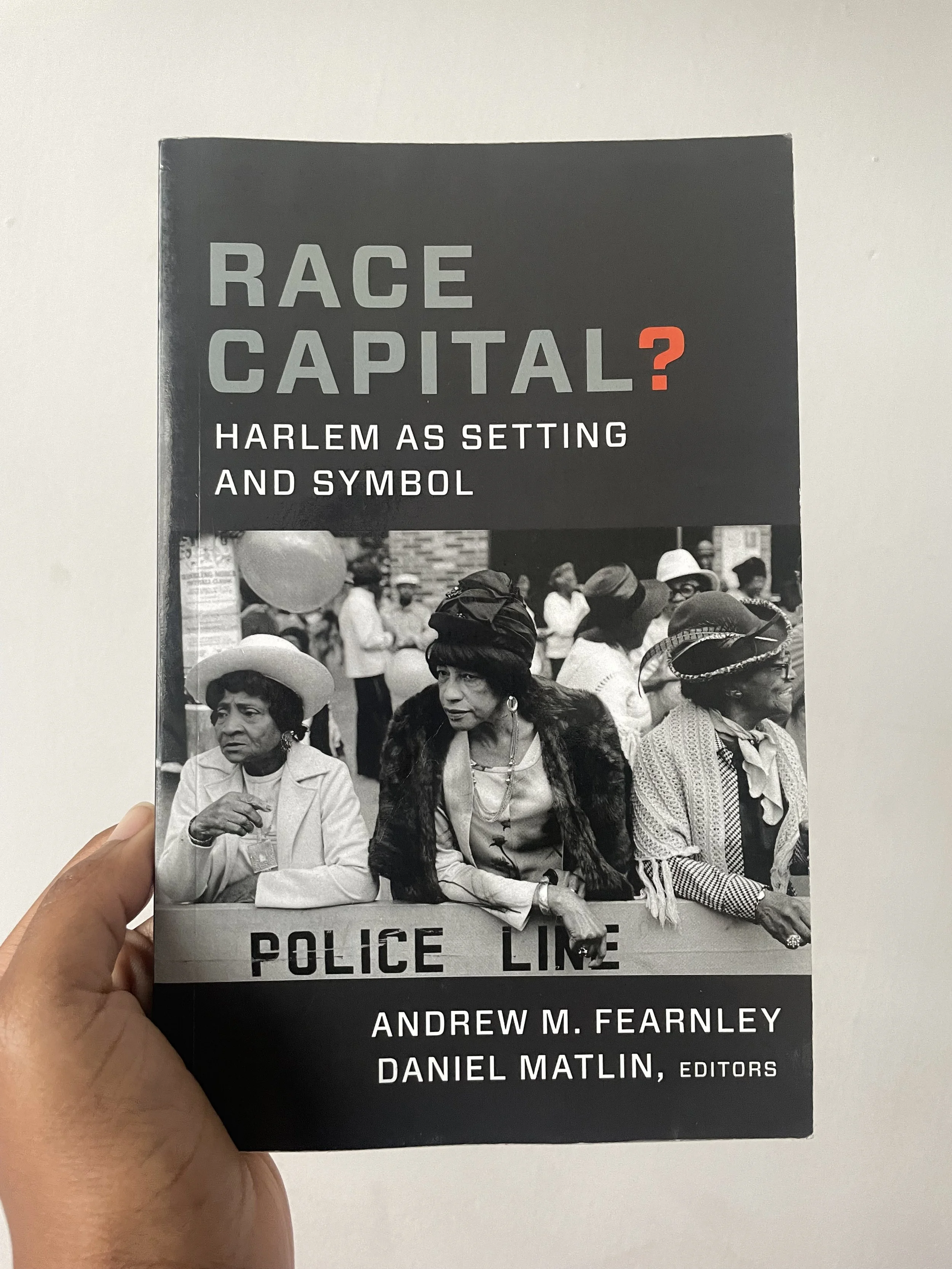black workers in spaces that claim to cultivate community—spaces that signal morals, ethics, and values of equality, liberation, and resistance—are often the first to recognize the emptiness of those values. it is the black worker who enters these spaces not only as a racial minority, but as a minority whose marginalization is rooted in the theft of their labor. wherever we labor, whomever we labor for, we do so with the understanding that the only reason we must do so is because reparations have never been made. we labor with debt owed to us.
black labor is an overextension—a surplus—and it is exploited. Since these spaces signal resistance, community, and liberation, we enter them with radical optimism—the kind required to survive as a black person in predominantly non-black spaces—hoping our pain and reality will be understood. that they recognize we are not there solely by choice, but because the system built on our stolen labor demands it. we expect these spaces to acknowledge that, so we labor and serve in good faith, doing what we can to survive despite the structures of power that govern us all. we attempt to embody some form of unity and solidarity—but too often, the power structures within these spaces mirror the larger oppressive systems they claim to resist. despite signaling values of resistance and liberation, their actions often fail to align, producing cycles of harm that disproportionately affect black, trans, and disabled people.
while other people of color and marginalized groups in these spaces compete in a “race to innocence” and distance themselves from accountability, the depth of black experiences—and the racialized trauma inextricable from labor—are often ignored. other people’s pain is made visible, perceived as real, and deemed worthy of acknowledgment, respect, and justice—while black pain is sidelined. experiencing racialized harm in the workplace—particularly in spaces we turn to for community and sustenance—is deeply dehumanizing, all the more so when even acknowledging it can jeopardize your livelihood. we are marginalized and silenced for even naming the harm. unfortunately, this is the reality for far too many black workers in spaces that appear progressive.
with that being said i would like to draw attention to the former black worker-owners of bluestockings* in nyc, who were overlooked in the announcement of its sudden closing. since then, former black workers have spoken out to correct the narrative presented by the most recently fired nonblack workers, hoping to bring visibility and restorative justice where it is urgently needed. while those fired nonblack workers alleged a racial, violent, legal but unethical shutdown by the white legal co-owners and demanded visibility and justice from their large following, the black workers who were harmed and displaced have had no channels for recognition or redress.
bluestockings remains a beloved institution in the memories of those who experienced its care, community, and resources—but the people whose blood, sweat, tears, and emotional labor, rooted in centuries of racial trauma, built it are ignored, overlooked, and disregarded. this recurring pattern of abuse in such spaces suggests that their success and legitimacy literally depends on the exploitation and dismissal of black labor—echoing the very foundations of this country.💔
i am asking you to actively humanize black people in these spaces. pay the black people who have experienced harm in your beloved community spaces. hold these spaces and their power structures accountable for the damage they cause. below are payment channels for the former black worker-owners of bluestockings nyc who have suffered racial harm and subsequent financial distress.
@Flower-Universe on venmo
@clairvoyant111 on venmo
this is a concrete, material step toward liberation and resistance. share, reflect, and give.
*i visited bluestockings in april 2024, bought books and coffee and admired their commitment to resistance in workplaces that promote community and literacy. i was inspired by them, and hope to see more places embody that sentiment, without the exploitation and anti-blackness. pictured is one of the books i got, and of the store from my visit.




